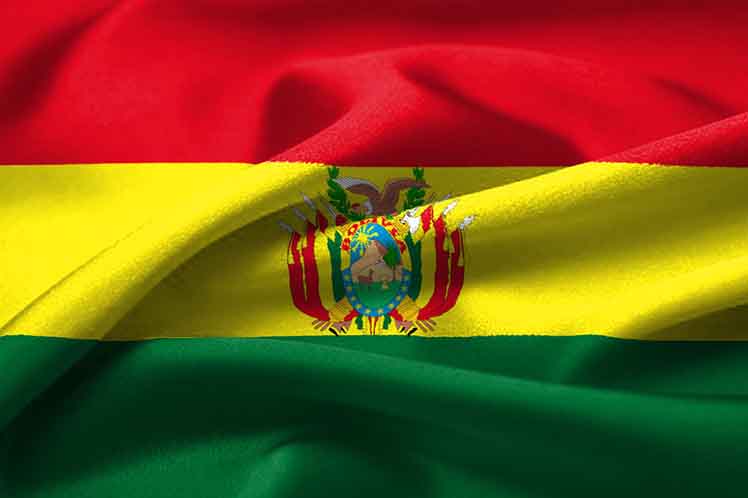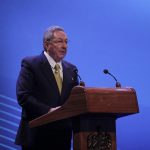La Paz: The destabilizing attempts of opposition sectors in Bolivia remain latent today, after a new call to paralyze the country next week, after the unsuccessful attempts a few days ago, Prensa Latina publishes.
The call, denounced here, with clear political interests, aims to divide Bolivians, alter the order and delegitimize the economic advances in just one year of the Luis Arce government, according to statements by officials and union leaders.
In recent weeks, opposition politicians and legislators promoted a campaign to delegitimize Law 1386 on the National Strategy to Fight against the Legitimation of Illicit Profits and the Financing of Terrorism.
The crusade impacted on different labor unions and the informal sector, confused by the opposition propaganda that the regulations will limit their actions, plus the Executive called for dialogue to give explanations and temporarily postponed its final approval.
Yesterday transporters from the department of Santa Cruz, in the east of the country, ruled out joining the strike called and showed the workers’ concern about the economic situation.
To stop one more day is “to please people who have a personal interest,” according to Bizmar Daza, responsible for urban transport in that part of the Andean nation, considered the largest in extension and important in the Plurinational State in the economic order.
“For us (the measure of force) is already out of place,” Daza told a local television station.
More than stopping, “we need to reactivate the economy,” said the labor leader and assured that in Santa Cruz they will not abide by the strike or public, inter-municipal, or inter-provincial transport.
Presidential spokesman Jorge Richter denounced the day before that the November 8 strike seeks to destabilize the country and cause economic damage.
Likewise, he recalled that to avoid confrontation between the compatriots it was decided to withdraw the bill from the Legislative Assembly.
He valued that behind the paralysis of activities there is a political intention that underestimates the development of the economy and production, at a time when the country shows indicators of recovery after the coup in November 2019.
Richter considered dialogue as the way to solve differences and said that the pressure measures disturb the economic reactivation and the reconstruction of productive spaces, so these mobilizations are nothing more than political.
On Sunday, the Minister of the Presidency María Nela Prada warned about the destabilizing attempts and regretted that some groups seek alliances with leaders of popular sectors and use that regulation as an excuse.
The official assured that as a government they will never attempt against popular interests, the working class and the Bolivian people, “we are not going to do it,” she remarked.

Redacción Digital
Equipo de redactores del sitio web de Radio Mayabeque



